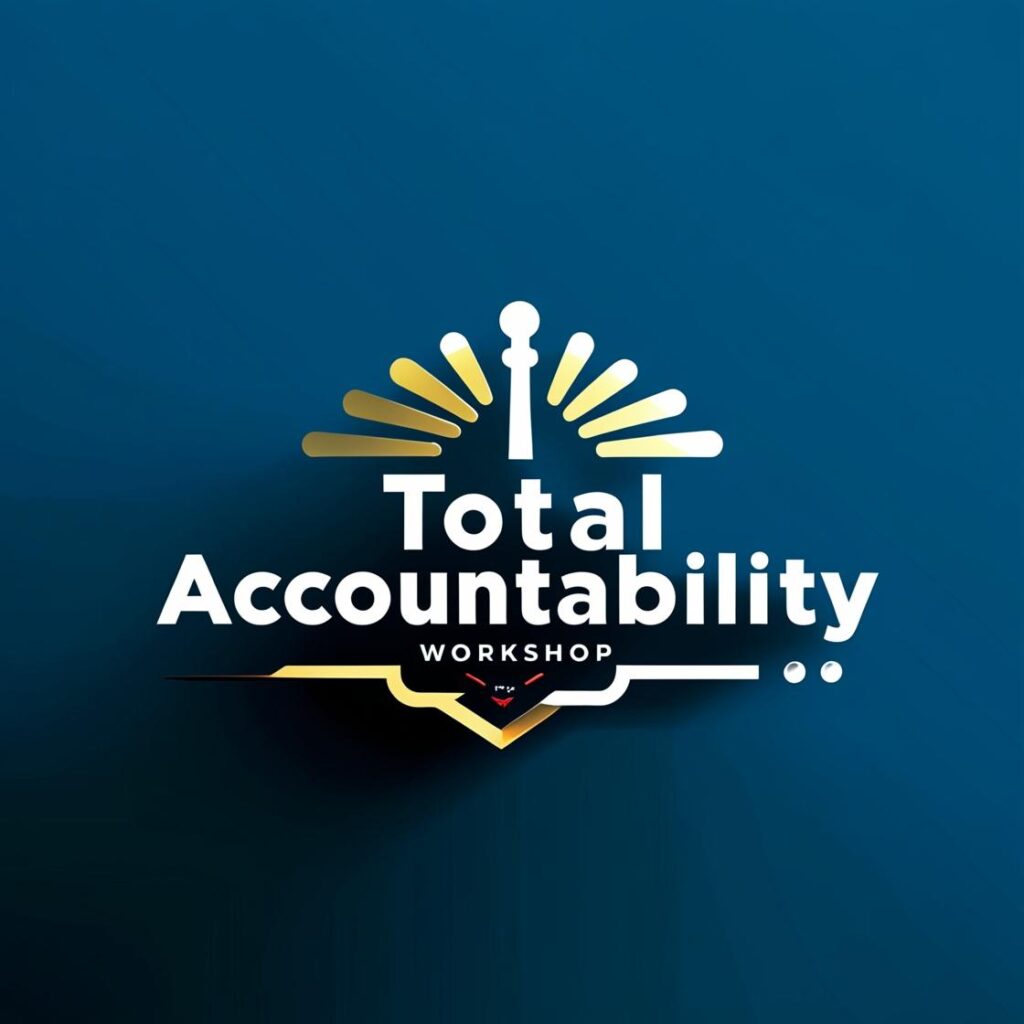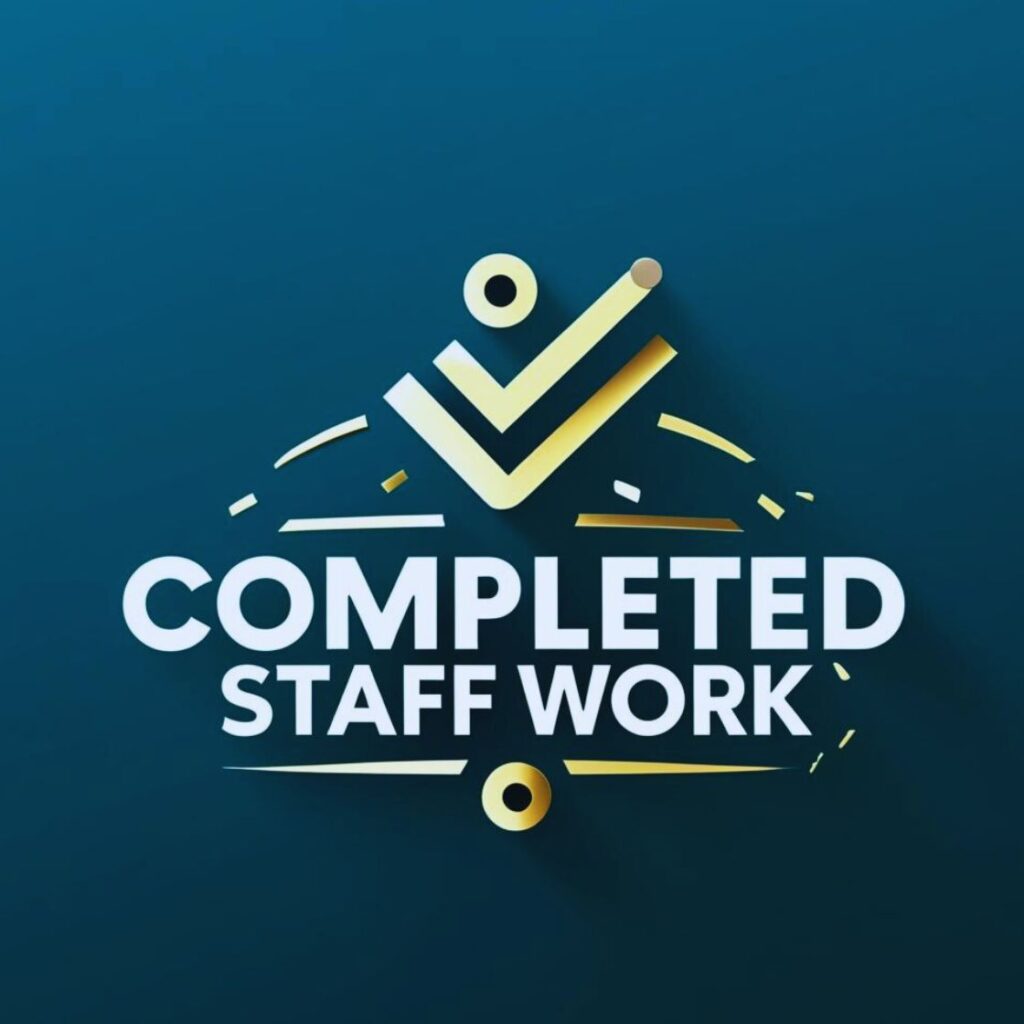We talk about VUCA—volatility, uncertainty, complexity, and ambiguity—as if it’s a new thing.
It’s not.
What’s new is that we’re finally feeling its full weight. The Covid-19 pandemic wasn’t just a health crisis—it was a leadership X-ray. It exposed what was broken, slow, and unprepared.
When uncertainty hit, many leaders did what they were trained to do: blame, delay, defend. They pointed fingers, waited for someone else to act, or clung to systems that no longer worked.
And people suffered.
The Illusion of Certainty is Gone
In the old world, leadership meant having the answers.
Today, it means knowing how to move forward even when you don’t.
The leaders we need now aren’t the ones who wait for clarity.
They are the ones who lead through fog. Who listen deeply, adapt quickly, and act boldly even when the outcomes aren’t guaranteed.
The “new normal”?
Still VUCA.
Just with more urgency, more eyes watching, and more lives impacted.
Resilience is part of it, yes.
But bouncing back to who you were isn’t enough.
We need leaders who bounce forward—who upgrade their mindset, rewire their approach, and develop the emotional and strategic capacity to lead in chaos.
New World, New Skills
To lead in a VUCA world, you don’t need to predict the future.
You need to prepare for it.
You need:
🔹 Agility, not just plans.
🔹 Empathy, not just authority.
🔹 Decision-making under pressure.
🔹 The humility to admit, “I don’t know.”
🔹 And the courage to act anyway.
We no longer have the luxury of reactive leadership.
We must grow ahead of the curve—or risk being crushed by it.
Wherever you are now in your leadership journey—new, seasoned, rebuilding, or scaling—
May this piece serve as a mirror and a nudge.
A mirror to see what needs to change.
A nudge to take the next step.
Because in a VUCA world, the most dangerous move is waiting.
And the best leaders don’t wait.
They prepare. They adapt. They lead forward.
Great leadership isn’t an event—it’s a habit. Get actionable leadership habits every Monday and Thursday.
7 Leadership Challenges in a VUCA World (And How to Face Them Head-On)
Let’s be honest.
In many organizations, when things don’t go well, the default reaction is to blame employees.
“They’re disengaged.”
“They lack initiative.”
“They need motivation.”
So what happens next?
Managers bring in a motivational speaker, hoping that a few inspirational stories will fix what’s broken.
And sure, the energy lifts—for a moment.
But nothing changes.
Because the problem isn’t just employee motivation.
It’s leadership.
Companies rise and fall on leadership.
And if you’re someone responsible for developing leaders in your organization, you already know this.
What worked ten years ago doesn’t work now.
The rules have changed.
We live in a VUCA world—volatile, uncertain, complex, and ambiguous—and that means leadership today demands something different.
You can’t just follow the manual.
You can’t just copy best practices.
You must build leaders who can think on their feet, navigate fog, and act with clarity even when the future isn’t.
Over the years, I’ve worked with hundreds of leaders—new, seasoned, and stuck in between—and I’ve found that no matter their title or industry, they often face the same seven challenges.
These aren’t just technical gaps. These are human, strategic, and cultural.
And if we don’t address them, no amount of training or inspiration will work.
Let’s walk through them.
1. Leaders Must Become Effective Managers
Let’s clear this up: leadership and management aren’t enemies.
They need each other.
The truth is, many leaders today don’t struggle with vision—they struggle with execution.
They don’t need more big ideas.
They need to manage time better.
They need to prioritize what matters.
They need to make decisions that move the needle.
In a fast-moving world, being a visionary isn’t enough.
You must be someone who can also get the job done—through systems, strategy, and smart execution.
Find out how you can become an effective manager.
2. Leaders Must Inspire the Heroes of Their Organizations
People want to be part of something meaningful.
They want to know their work matters.
And they’re not looking for perfect leaders.
They’re looking for real ones—leaders who can inspire, challenge, and make them feel seen.
I’ve met supervisors who think inspiration is about giving speeches.
But it’s not.
It’s about how you show up every day.
It’s about how you handle stress, how you celebrate small wins, how you talk about purpose in ordinary conversations.
When you inspire your team, you don’t just get better performance.
You build loyalty.
Learn more ways to inspire your heroes.
3. Leaders Must Engage and Empower Employees Every Day
Engagement isn’t something you delegate to HR.
It’s not about birthday cakes or employee of the month.
It’s about the quality of relationships you build.
Your people need reasons to stay.
They need to feel they’re growing.
They need to feel they’re part of a team that gets better every week.
Motivation doesn’t come from a once-a-year seminar.
It comes from how you listen. How you coach.
And how you create an environment where people want to do their best—not because they have to, but because they want to.
4. Leaders Must Build High-Performing Teams
Having a team is easy.
Building a high-performing one? That’s a different story.
It’s not just about team-building games or occasional offsite events.
It’s about creating rhythm, clarity, and trust.
Great teams know why they exist.
They know what success looks like.
And they know how to deal with tension without falling apart.
Whether you’re leading a small group of five or a large department, the principles are the same:
Set clear expectations.
Give regular feedback.
And build a culture where excellence isn’t optional—it’s the standard.
5. Leaders Must Champion and Sustain Change
Change isn’t a phase anymore.
It’s the new normal.
And yet, many leaders still treat it like an event—something we “roll out” and then forget about.
Leading change means helping people understand the why, managing the resistance, and sticking around long after the kickoff to help them push through the discomfort.
The leaders I admire are the ones who don’t just talk about change.
They live it.
They help others make sense of it.
And they create systems that make the change stick.
6. Leaders Must Master Influence
Your title doesn’t move people.
Your message does.
Influence isn’t about charisma.
It’s about clarity, consistency, and connection.
You want people to follow?
Speak their language.
Tell stories that resonate.
Show them what’s possible—and help them believe they’re part of it.
In a world full of noise, leaders who can communicate with depth and direction are the ones who stand out.
7. Leaders Must Execute with Precision
We don’t have time for endless plans and zero progress.
Strategy is only as good as your ability to follow through.
And execution isn’t just about finishing tasks.
It’s about focusing on what matters most, measuring the right things, and helping your people turn priorities into daily actions.
Leadership today isn’t about being busy.
It’s about being effective.
And that means building a culture where everyone knows what to do, why it matters, and how to get it done—together.
Let’s Dive Deeper
Over the next few weeks, I’ll unpack each of these challenges.
Not in theory—but in real-world, boots-on-the-ground terms.
We’ll talk strategy.
We’ll share stories.
And we’ll explore the tools and mindset shifts that can help you build better leaders in a world that’s constantly changing.
Because if you want your organization to thrive in a VUCA world…
You need leaders who don’t just survive the chaos—
They lead through it.
Are you ready? Let’s begin.




